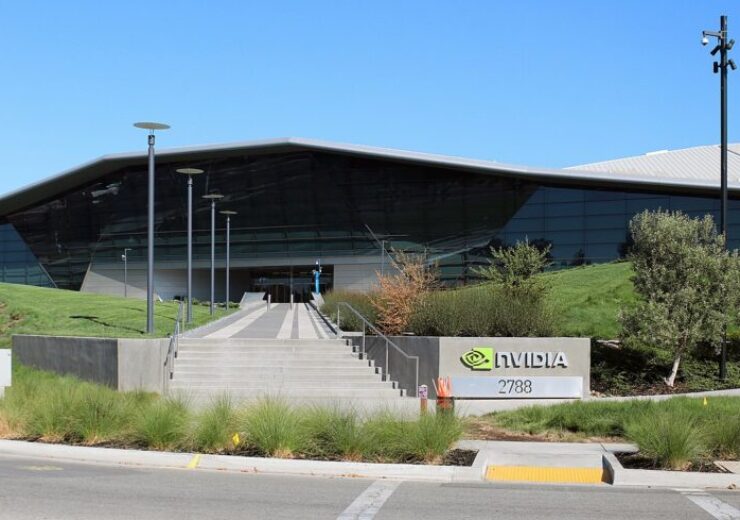The competition watchdog has been ordered to start the in-depth investigation by the UK Secretary of State for DCMS Nadine Dorries, covering competition as well as national security

Nvidia’s $40bn acquisition of Arm faces a phase 2 probe in the UK. (Credit: Coolcaesar/Wikipedia.org)
The UK Competition and Markets Authority (CMA) is set to launch a phase 2 probe into the $40bn acquisition of British semiconductor and software design company Arm by US-based Nvidia.
The competition watchdog has been instructed to begin the in-depth investigation by the UK Secretary of State for Digital, Culture, Media, and Sport (DCMS) Nadine Dorries. This was after the British government published the CMA’s phase 1 report which outlines that the deal raises serious competition concerns.
During the phase 1 probe, the CMA found that the proposed acquisition could lead to a considerable lessening of competition in the four key markets of data centres, Internet of Things (IoT), gaming, and automotive.
The phase 2 investigation into the deal will cover competition as well as national security.
The DCMS stated: “The CMA will now lead the Phase 2 investigation covering both competition and national security. It will have 24 weeks to conduct this investigation before delivering a final report to the Digital Secretary.”
According to the DCMS, the CMA could be given an extension of up to eight weeks to complete the phase 2 probe.
In August this year, the CMA had concluded the phase 1 investigation and had recommended the deal for an in-depth phase 2 probe.
Nvidia had announced the cash and stock deal in September 2020. Through the acquisition of Arm, the US-based computer systems design services firm aims to create a computing major for the age of artificial intelligence (AI).
Arm is currently owned by SoftBank Group and the SoftBank Vision Fund.
The CMA’s concern with the deal is that the combined entity, post-merger, will have both the ability and incentive to hurt the competitiveness of the rivals of Nvidia by restricting access to Arm’s intellectual property (IP).
The British regulator said that Arm’s IP is utilised by companies involved in manufacturing semiconductor chips and related products, which are competitors to Nvidia.
Last month, the European Commission (EC) had also launched an in-depth investigation into the deal citing similar reasons. The EC said that the proposed transaction could result in less choice, inflated prices, and lesser innovation in the semiconductor industry.


